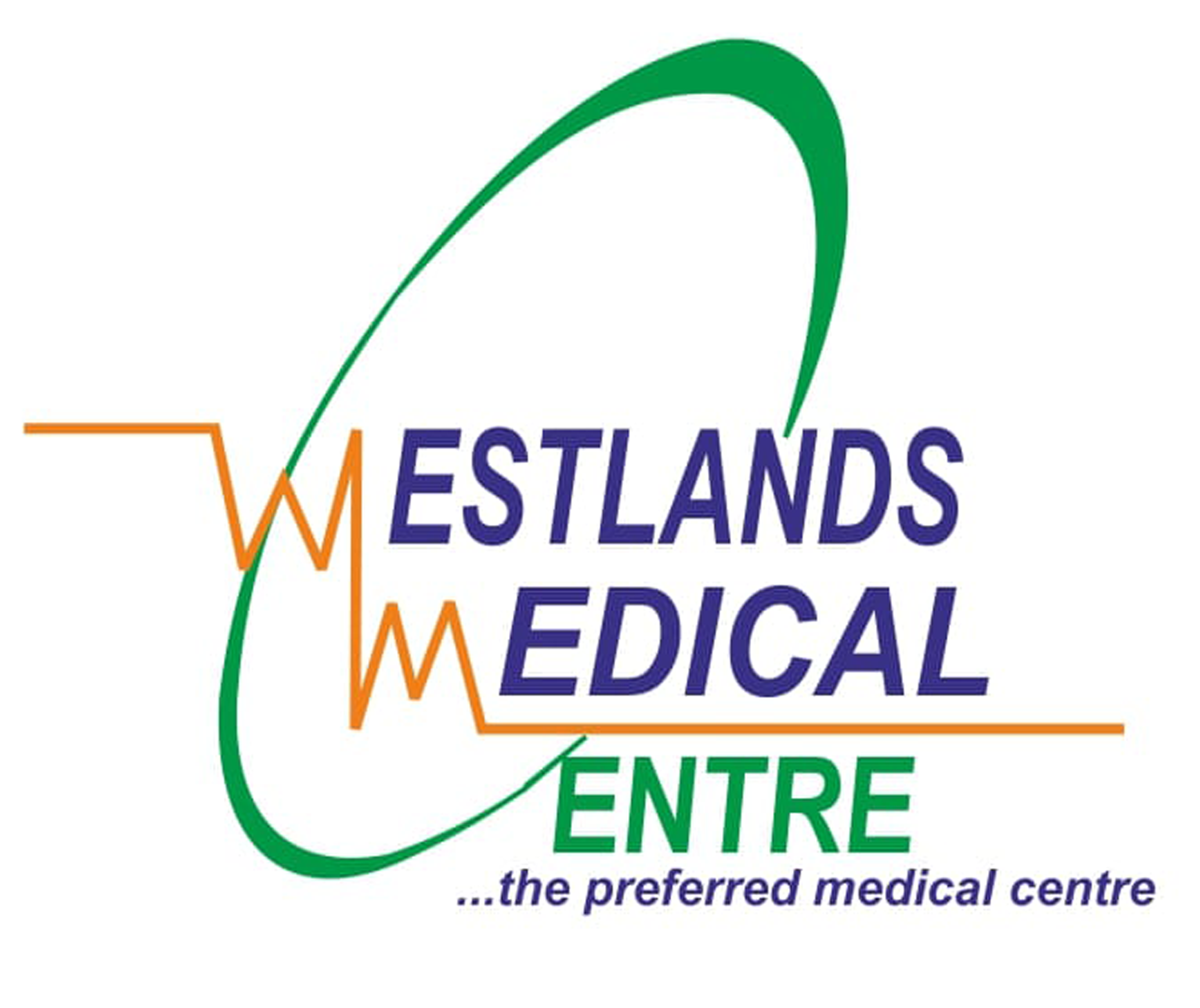
- Westmed
- Jan 15, 2025
- Uncategorized
- 0 Comments
What Do We Know About the Cause of Breast Cancer?
Breast cancer begins in breast tissue and is primarily caused by changes, or mutations, in the DNA of breast cells. These mutations disrupt the normal cycle of cell growth, leading to abnormal and rapid cell division. Over time, these abnormal cells accumulate to form a malignant mass, commonly referred to as a lump.
While the immune system often identifies and eliminates some abnormal cells, others may evade this defense and continue to grow unchecked. These cells can eventually spread, or metastasize, beyond the breast to the lymph nodes or other parts of the body. Even when breast cancer spreads, the resulting tumors are still classified as breast cancer, regardless of where they appear.
Despite significant advances in medical research, the exact triggers for DNA mutations in breast cells remain unclear. Two individuals with similar risk factors may experience vastly different outcomes, with only one developing breast cancer. This highlights the complexity of the disease and underscores the importance of understanding and managing risk factors.
What is Breast Cancer?
Breast cancer is a condition caused by mutations or damage to the DNA within breast cells. Although the precise causes of these genetic changes remain unknown, researchers have identified a range of risk factors that can increase the likelihood of developing the disease.
Some risk factors, such as age, family history, and having dense breast tissue, are inherent and cannot be modified. However, other risk factors, like those related to lifestyle choices—including smoking, diet, and physical activity—can often be controlled.
Breast cancer accounts for approximately 30% of new cancer diagnoses in women, making it one of the most common cancers worldwide. This statistic emphasizes the critical importance of early detection and prevention. By identifying potential risks and promoting awareness, individuals can take proactive steps to safeguard their health.
What Are the Risk Factors for Breast Cancer?
Several factors can increase a person’s risk of developing breast cancer. These include:
- Age: The likelihood of breast cancer increases with age, with most cases diagnosed in individuals over 55 years old.
- Genetics: Inherited mutations in genes like BRCA1 and BRCA2 significantly elevate the risk.
- Family History: Having close relatives who have had breast cancer may increase your chances.
- Hormonal Factors: Early menstruation, late menopause, or long-term hormone replacement therapy may also contribute.
- Lifestyle Choices: Smoking, excessive alcohol consumption, poor diet, and lack of physical activity can increase risk.
- Environmental Factors: Exposure to certain chemicals or radiation may also play a role.
In many cases, a combination of genetic and environmental factors works together to influence risk. While genetic predispositions cannot be changed, lifestyle modifications—such as maintaining a healthy weight, avoiding tobacco, and engaging in regular exercise—can help reduce overall risk.
The Importance of Early Detection
Because breast cancer is so prevalent, regular screening and vigilance are vital. Mammograms, self-examinations, and regular check-ups can help detect changes early, increasing the chances of successful treatment.
By understanding the risk factors and taking proactive measures, individuals can play an active role in managing their health and reducing the likelihood of developing breast cancer.






